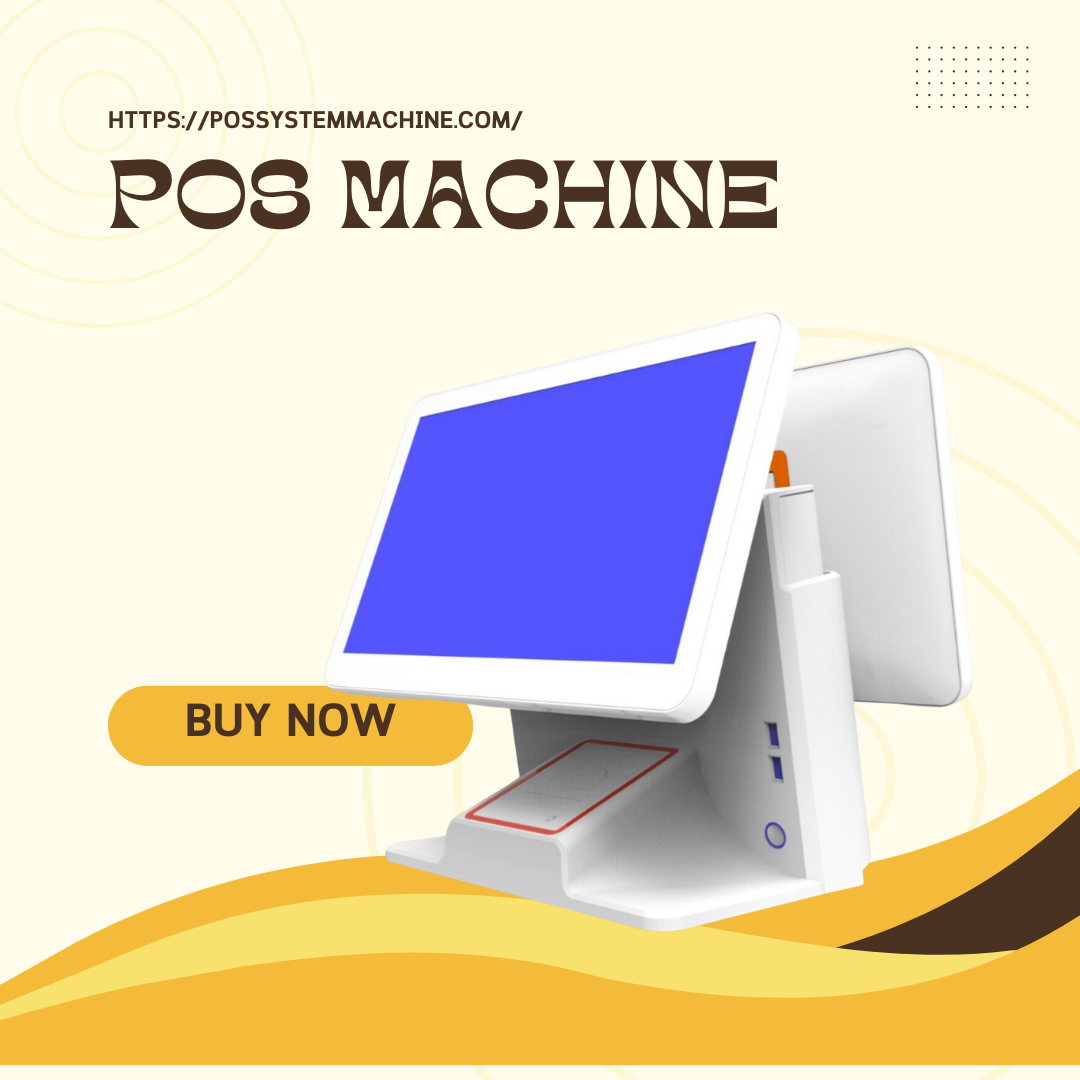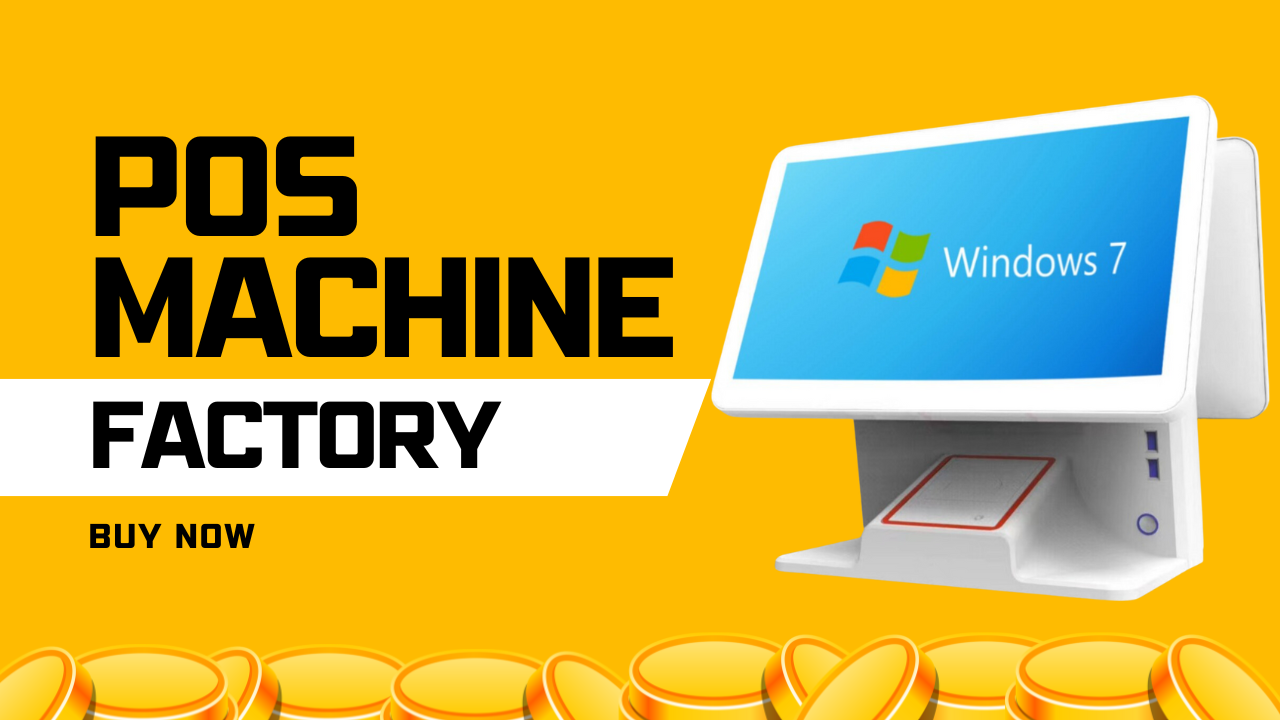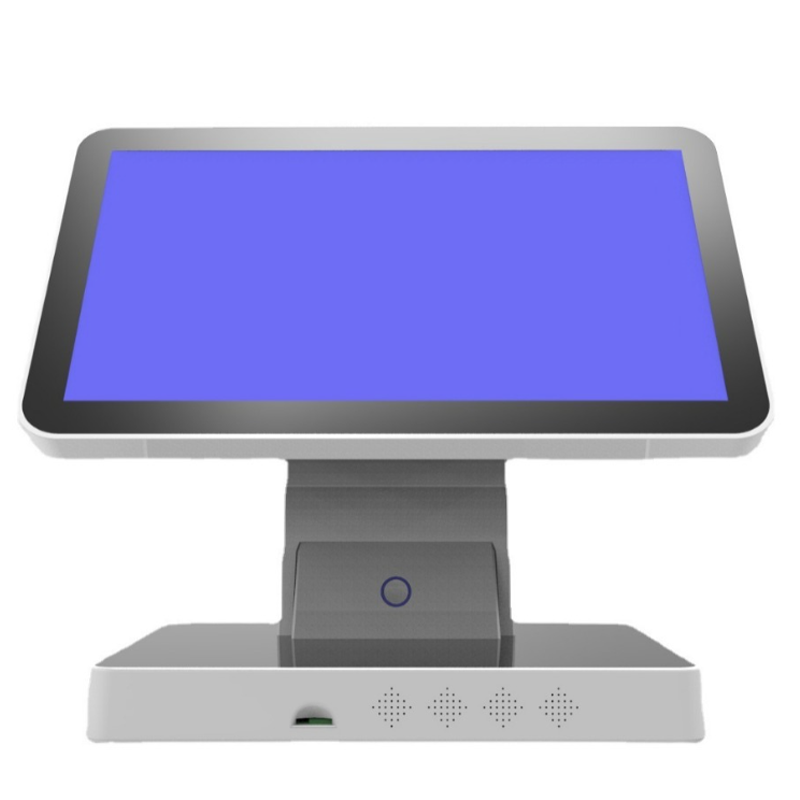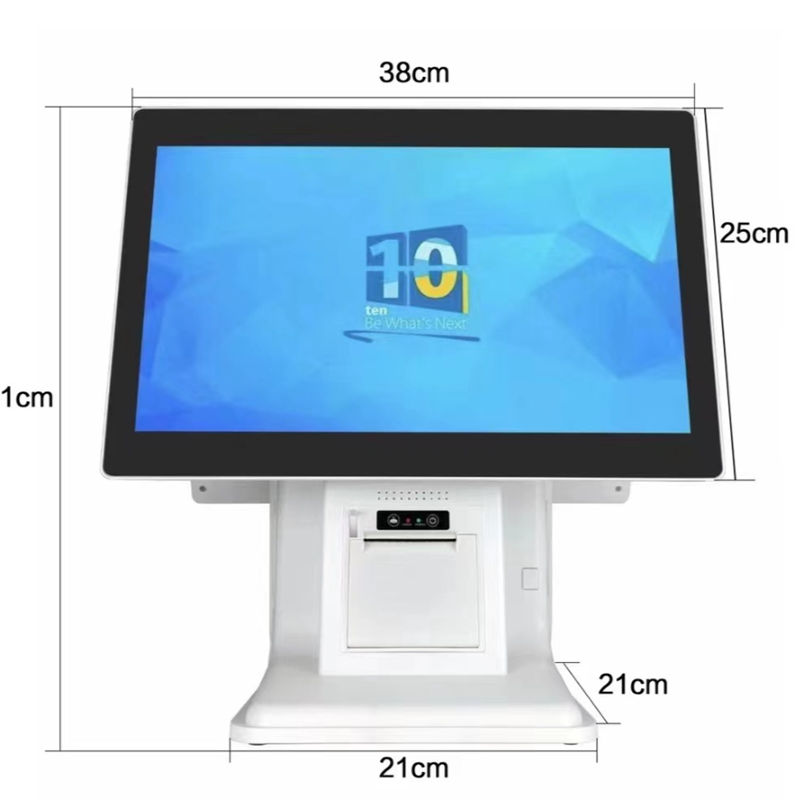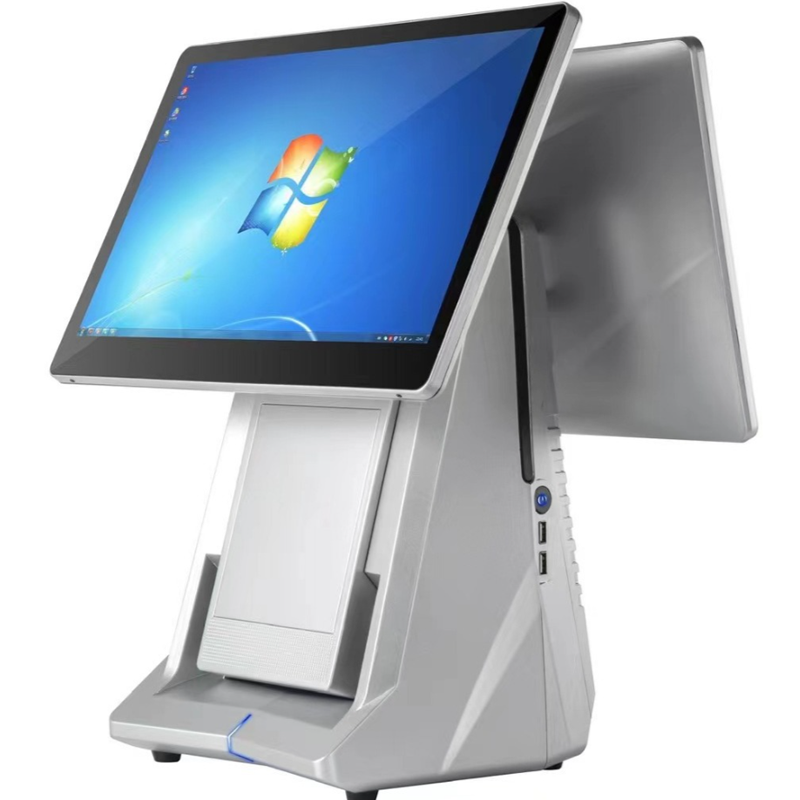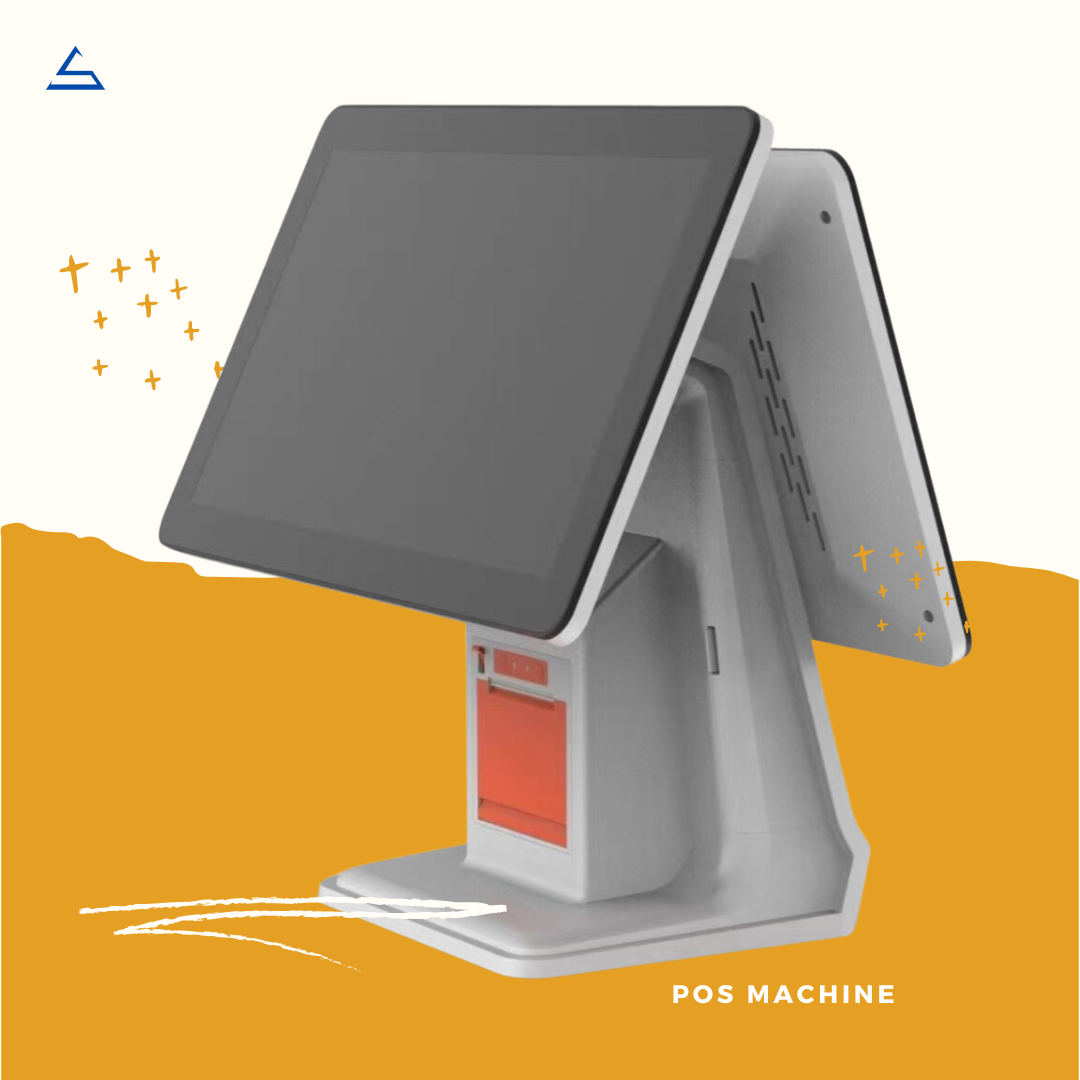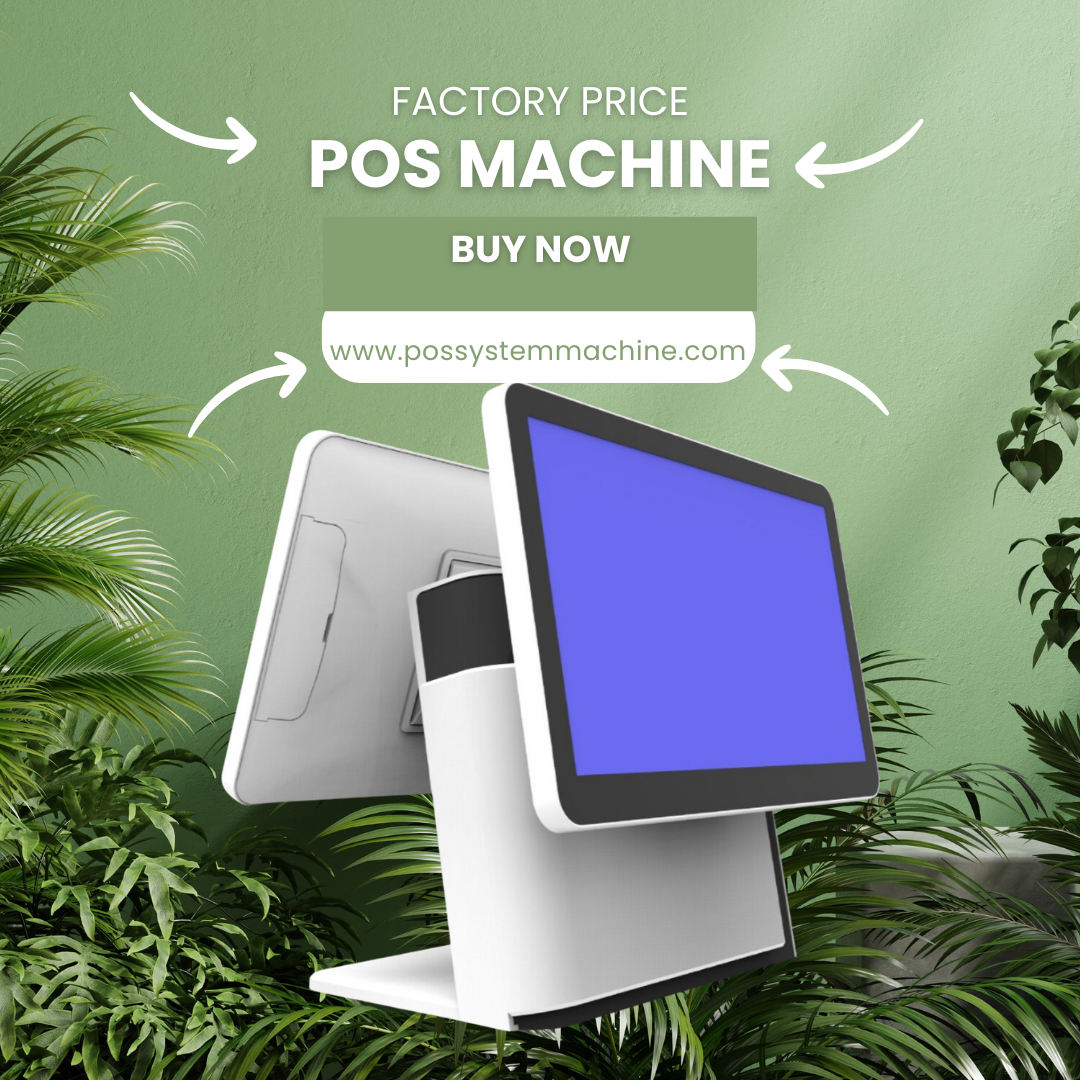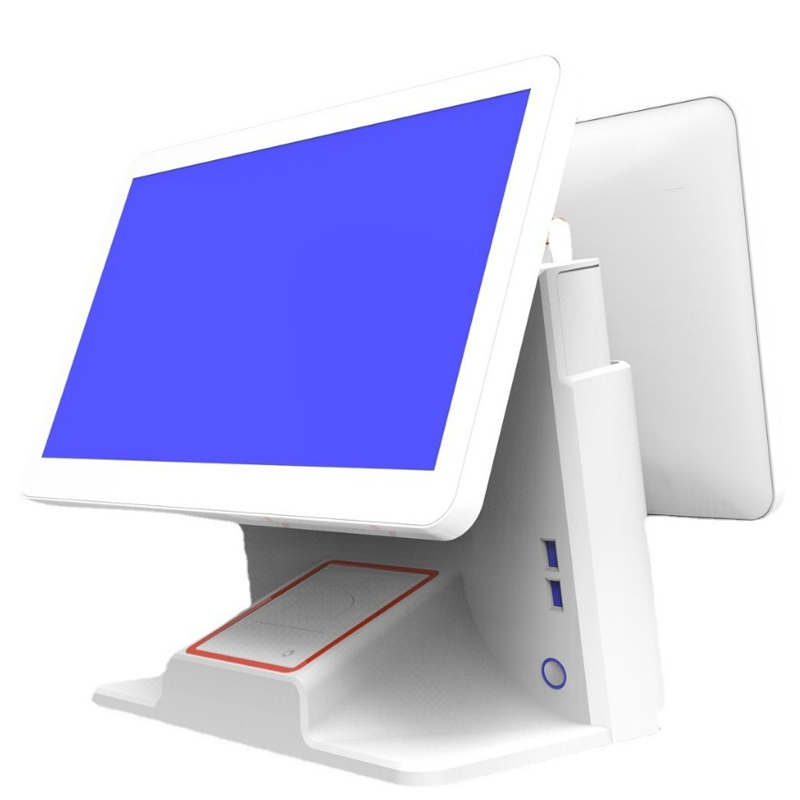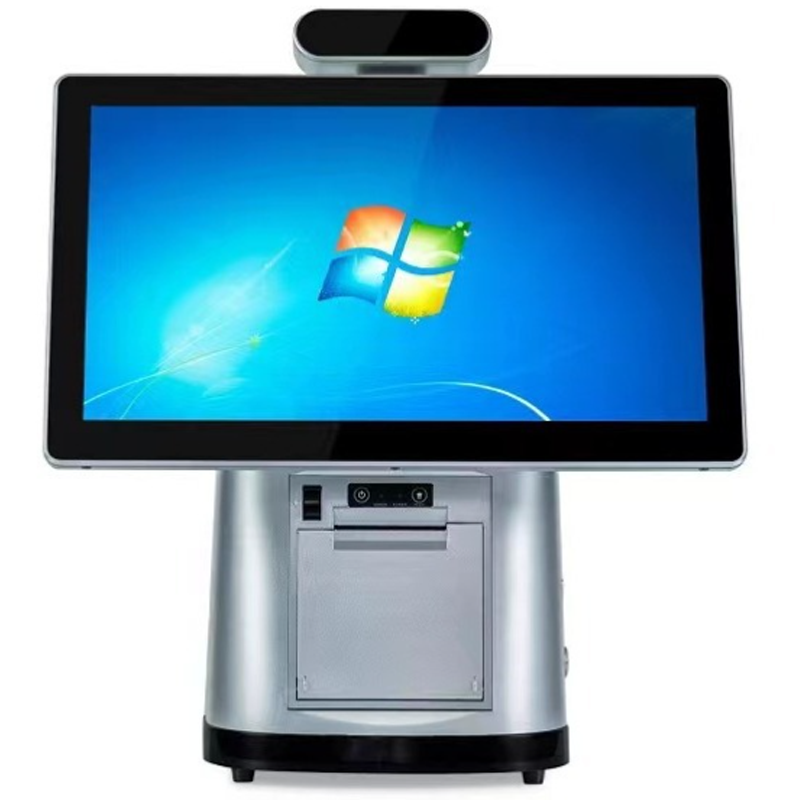How to Choose the Best POS Cash Register for Your Business
Saturs
Kopsavilkums
In the dynamic landscape of commerce, the point-of-sale (POS) kases aparāts has evolved into an essential tool for businesses, revolutionizing the management of sales, transactions, and financial records. From its mechanical origins in the 19th century to the sophisticated, cloud-integrated systems of today, POS cash registers play a pivotal role in streamlining operations. Choosing the right cash register for your business involves understanding how these devices have transformed and what features best serve your specific business needs.
Evolution of the POS Cash Register
POS cash registers have seen a remarkable transformation. Initially designed as basic calculators to record sales and prevent theft, the early versions, invented in 1879, featured mechanical components like gears and levers. Over time, advancements like electricity, and eventually digital technology, enhanced functionality. Modern POS systems integrate with broader business tools, making them indispensable for tracking inventory, managing customer relationships, and analyzing real-time data.
Key Milestones in the Evolution of Cash Registers
| Era | Key Advancement | Impact |
|---|---|---|
| 19th Century | Mechanical Cash Registers | Accurate sales recording, reduced human error |
| Early 20th Century | Electric Cash Registers | Faster transactions, sales tax calculation |
| Late 20th Century | Digital/Electronic Registers | Integrated with inventory and customer data |
| 21st Century | Cloud-Based & Mobile POS Sistēmas | Real-time data sync, NFC payments, enhanced security |
Core Functions of a POS Cash Register
POS kases aparāti perform various essential functions beyond processing payments. These systems automate complex tasks, helping businesses achieve operational efficiency. They calculate totals, apply taxes, generate receipts, and store transactional data. With advancements like barcode scanning and card readers, these registers now support diverse payment methods and offer advanced reporting capabilities.
Common Features
- Inventāra pārvaldība – Automates stock updates with each sale.
- Transaction Recording – Maintains financial transparency and accurate records.
- Klientu attiecību pārvaldība (CRM) – Tracks customer data, offering personalized service.
These systems enable businesses to manage everything from basic cash drawer operations to more complex requirements like table management in restaurants or appointment scheduling in service industries.
Businesses That Rely on POS Cash Registers
Different industries depend heavily on POS systems for various reasons. Here’s a breakdown of how they are applied across sectors:
Mazumtirdzniecība
Retailers, from small boutiques to large supermarkets, rely on POS registers to process payments, generate receipts, and manage their inventory. Retail POS systems help track stock levels, alert for reorders, and produce sales reports, thus reducing human error and improving decision-making.
Food Service
In restaurants and cafes, POS systems handle orders, manage tables, and integrate with kitchen printers. By streamlining communication between servers and kitchen staff, these systems improve accuracy, efficiency, and customer satisfaction.
Service-Based Businesses
Businesses like salons, spas, and repair shops use POS registers to schedule appointments, process payments, and track client transactions. These systems ensure smooth operation by integrating CRM functionalities that track customer preferences and history.
Entertainment Venues
Cinemas, theaters, and amusement parks use POS registers for ticket sales, concessions, and merchandise purchases. These systems need to handle high transaction volumes, implement ticketing solutions, and generate detailed financial reports.
Types of Cash Registers for Small Businesses
Small businesses have different needs when choosing a cash register. Here are the main types:
1. Basic Cash Registers
Ideal for small operations with straightforward transactions. Basic registers offer essential functions like sales calculations and receipt printing, suitable for kiosks or small retail outlets.
2. Elektroniskie kases aparāti (ECR)
More advanced than basic registers, ECRs come with barcode scanning, inventory management, and enhanced reporting capabilities, making them perfect for convenience stores or specialty shops.
3. POS sistēmas
These systems integrate hardware and software to create a unified checkout process. They include features like touchscreen displays, barcode scanners, and comprehensive reporting, ideal for restaurants or boutiques that require more complex functionality.
4. Mobile Cash Registers
Designed for businesses on the go, mobile cash registers utilize smartphones or tablets, making them flexible and ideal for pop-up shops or mobile service providers.
5. Cloud-Based Cash Registers
These registers store data in the cloud, enabling real-time synchronization across multiple devices. They are perfect for businesses with multiple locations or those looking for scalability.
Factors to Consider When Choosing a Cash Register
Pareizas atlases veikšana POS kases aparāts requires consideration of various factors:
1. Business Type and Size
Understand your business’s transaction volume and complexity. Retail stores may need barcode scanning and inventory management, while restaurants may require table management features.
2. Functionality and Features
Prioritize features such as inventory tracking, reporting, and CRM integration based on your business’s needs.
3. Mērogojamība
Choose a system that can grow with your business. Consider whether the cash register can handle higher transaction volumes and additional peripherals as your business expands.
4. Lietotājam draudzīgums
A user-friendly system minimizes training time and reduces operational errors. Opt for a solution that offers intuitive navigation and comprehensive support resources.
5. Drošība
Look for systems with robust security features, such as secure payment processing and user access controls, to protect sensitive customer data.
6. Budžets
Evaluate the cost, including the initial investment, ongoing fees, and future upgrades. While cheaper systems may seem appealing, investing in a feature-rich and reliable solution can yield long-term benefits.
Secinājums
The right POS cash register can dramatically enhance the efficiency and accuracy of your business operations. Whether you run a small retail shop, a bustling restaurant, or a mobile business, understanding the features and functionalities of different cash register systems will help you make an informed decision. As the industry evolves with AI and cloud technology, POS systems are poised to become even more intelligent, offering personalized customer experiences and deeper business insights.
BIEŽĀK UZDOTIE JAUTĀJUMI
1. What is the difference between a basic cash register and a POS system?
A basic cash register is designed for simple sales transactions, while a POS system integrates additional functions such as inventory management, CRM, and detailed reporting.
2. How do cloud-based POS systems benefit small businesses?
Mākoņtelevīzija POS systems offer real-time data synchronization, remote access to sales information, and easy scalability, making them ideal for businesses with multiple locations or future growth plans.
3. Can POS systems accept multiple payment methods?
Yes, most modern POS systems support various payment methods, including cash, credit/debit cards, NFC, and mobile wallets.
4. Do POS systems require an internet connection?
While cloud-based POS systems need an internet connection for real-time data updates, some systems have offline modes that allow for uninterrupted transactions.
5. Are mobile POS systems secure?
Jā, mobilais POS systems use encryption and other security measures to protect customer data and ensure secure transactions.
Birkas
Produkts
Blogs
Sazinieties ar mums
Saistītie produkti
Biežāk uzdotie jautājumi par koka kastu izgatavošanu

